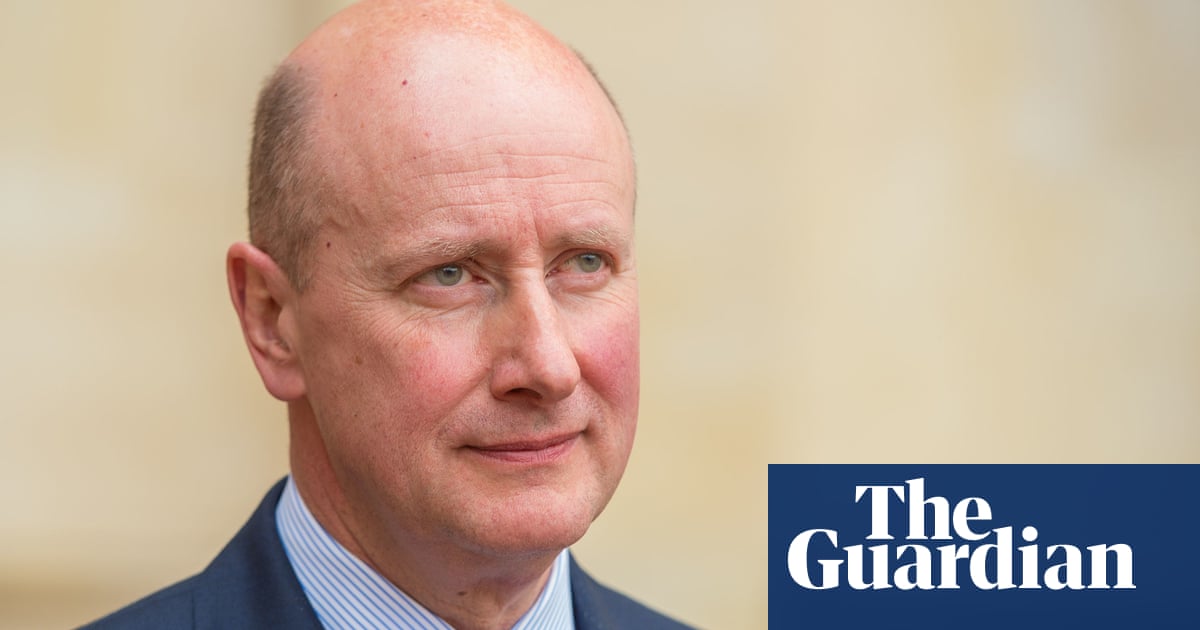
Boris Johnson’s government has shown “a carelessness” about ethical standards, the head of the independent committee on standards in public life has warned, as the prime minister’s ethics adviser indicated he plans to push for stronger investigatory powers.
Jonathan Evans, a crossbench peer and former director general of the security service, told MPs that a string of controversies, including over alleged lockdown-breaching government parties, and the financing of renovations to Johnson’s flat, risked undermining public confidence.
His comments to the public administration and constitutional affairs committee (PACAC) came as Christopher Geidt, Johnson’s independent adviser on ministers’ interests, indicated to the same committee that he expected his powers to be expanded, including the ability to initiate his own investigations.
Geidt’s comments, in a letter to the chair of the PACAC, the Tory MP William Wragg, follow his strong criticism of the prime minister last week after it emerged Geidt had not been shown crucial evidence during his formal investigation into the flat renovations.
Questioned by Wragg before the PACAC, Evans said that overall, the system to enforce ethical standards in governments was “very weak in comparison to where we believe it should be”.
He pointed to a series of recent issues, including the most recent revelation that during the first lockdown a top official invited more than 100 Downing Street staff to a “bring your own booze” party, one reportedly attended by Johnson.
Evans said: “We’ve seen a whole series of issues over the last few months: the Owen Paterson affair; the attempt to change the rules over standards and investigations in the middle of the investigation into Mr Paterson’s actions; the questions around the redecoration of Downing Street; the very bad processes that were clearly in place for keeping Lord Geidt properly informed; the Greensill affair; and now party-gate.
“All of those, I think, have demonstrated that there is at least a carelessness amongst people in government over standards issues, possibly no more than that.”
Newspaper headlines and polling indicated such subjects “have reached what they call cut-through” with the public, Evan added.
Evans called for investigations into alleged misdeeds to happen automatically, and to be published promptly, pointing to the long delay over a finding about the home secretary, Priti Patel, and claims she bullied officials.
“One of the issues that arose in respect of the investigation into bullying investigations for Priti Patel was that there was a very, very long delay between the conclusion of the investigation and the publication of it. And I think that undermines trust.”
As Evans was speaking, the PACAC published a letter from Geidt, who criticised Johnson last week for failing to disclose a WhatsApp exchange with the Tory peer who funded a makeover of the Downing Street residence during an initial investigation.
The 6 January letter was in response to one from Wragg, who had asked Geidt whether in future he should be able to initiate his own inquiries, without the permission of the prime minister. Geidt indicated he would be pushing for this.
The episode of the missing messages “shook my confidence precisely because potential and real failures of process occurred in more than one part of the apparatus of government”, he wrote.
“These failures were not, in my view, due to a lack of investigatory powers, but rather they showed insufficient care for the role of independent adviser.
“I would expect by the time of my next annual report in April to be able to describe the role of independent adviser in terms of considerably greater authority, independence and effect, consistent with the ambitions for the office that the prime minister has set out.”












